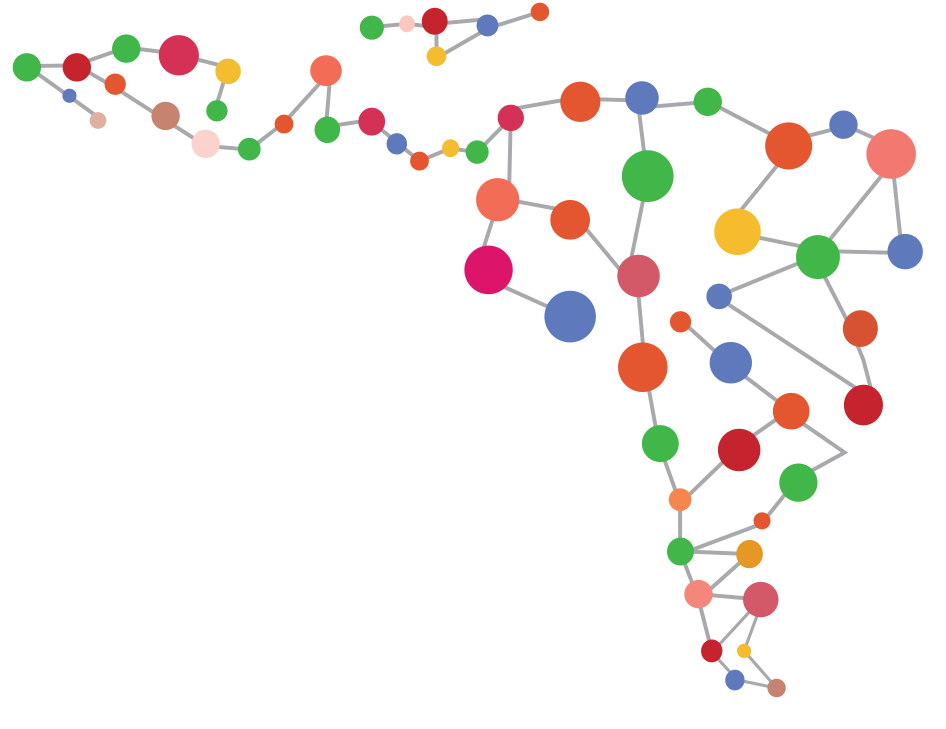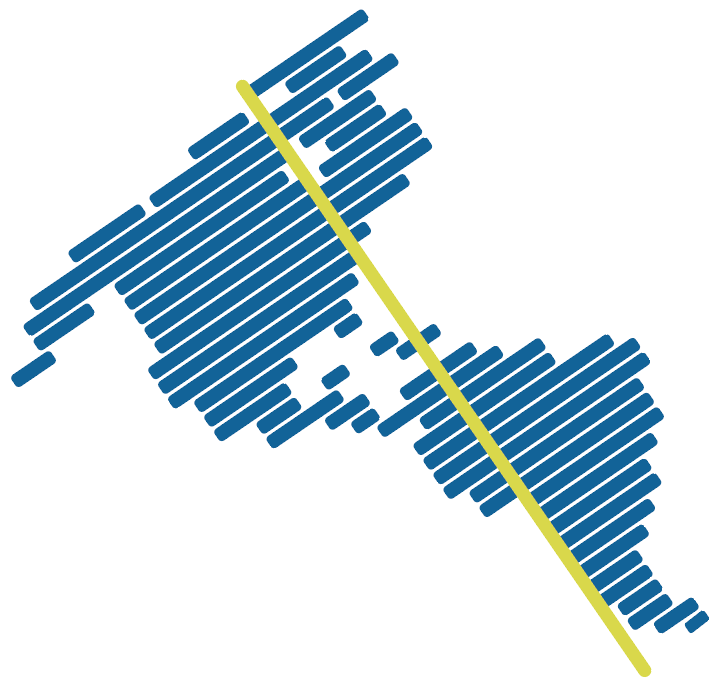High Level Launch of the Global Partnership on Sustainable Development Data
Work area(s)
Statement by Alicia Bárcena Executive Secretary of ECLAC, United Nations.
Statement by Alicia Bárcena
Executive Secretary, ECLAC, United Nations
High Level Launch of the
Global Partnership on Sustainable Development Data
Hosted by the Governments of the United States, Kenya, Mexico, and Colombia
New York, 28 September 2015
- Jose Angel Gurria, Secretary General of OECD
- Mahmoud Mohieldin, Corporate Secretary and President’s Special Envoy on Millennium Development Goals, World Bank Group
- Amina J.Mohammed, Special Advisor to the Secretary General on Post-2015 Development Planning
- Justine Greening, UK Secretary of State for International Development
- Annick Girardin, Minister of State for Development and Francophonie (plus translator)
- CEPAL wishes to acknowledge Colombia, Mexico, Kenya and the United States for co-hosting this partnership and event.
- Particularly to Ms. Alejandra Lagunes from Mexico and Simon Gaviria from Colombia for their vision and for supporting the development of this participatory and multi-stakeholder partnerships which convenes academia, statistics, civil society and private sector with the aim of harnessing their expertise towards the achievement of the Transformative Agenda 2030 for Sustainable Development.
- Implementation and accountability of this universal and integrated agenda will demand a paradigm shift that will require a renovated institutional architecture and innovative collaboration in both developing and developed countries. As a matter of fact it is in the global South where major innovations need to happen and are actually taking place.
- A World that Counts was indeed a result of this type of innovative partnerships. It was prepared by the Independent Expert Advisory Group, which I was part of, convened by the Secretary General to help us understand the magnitude and importance of the digital revolution and the emergence of big data as a tool for public policy and not only for private objectives. The champion of this panel was Amina Mohamed who understands very well the importance of innovation in terms of technology but more importantly on the processes that will be needed for an effective implementation of the SDGs.
- CEPAL is a data driven institution. Figures talk. Our architecture since our creation, integrates the three dimensions of sustainable development. At the beginning economic and social and more recently environment, gender, population have become essential pillars of our agenda.
- CEPAL is well known for its in-house macroeconomic and sectoral research and analytical capacities. In its more than 60 years of existence it has a wide-ranging network of experts and multi-stakeholder from our region.
- At present CEPAL is the secretariat of nine subsidiary inter-governmental bodies that bring together national authorities, key actors of the private sector and other stakeholders. Let me mention three that are closely related to this open government initiative:
- Statistical Conference of the Americas (CEA) which brings the National Statistics Systems and provides a platform for knowledge sharing, disseminating methodologies and capacity building throughout the region.
- Regional Council of Planning (RCP) which convenes the Ministers of Planning and is promoting the inclusion of SDGs in the national planning processes with a long term vision and with the participation of Civil Society and private sector organizations. Simon Gaviria is model in this direction.
- Regional Conference on the Information Society in LAC which held its 6th meeting where Mexico took the Presidency of this intergovernmental forum. Alejandra Lagunes is the current president and with her we launched the Biannual Regional Roadmap for the Information Society and the Digital Economy.
Connected with these institutional processes, CEPAL also is actively participating and supporting the Open Government Partnership, chaired by Alejandra Lagunes from the Presidency of Mexico which shows the high political level its granted in Mexico.
Implementaton of 2030 Agenda will need skills and capabilities to generate new knowledge, data and evidence-based ideas as well policy advocacy in areas such as equality, inclusion and social justice agendas; financial stability and financing for development. We need to emerge from the trap of natural resources extraction dependency and move towards structural diversification combining the technological revolution as well as the urgent need for more environmentally oriented patterns of consumption and production.
- The paradigm shift will require renewed multi-stakeholder social and political compacts to move from the culture of privilege to a culture of equality.
- Data, new metrics, indicators and multi-dimensional methodologies will be key in these new social pacts. Strengthening data ecosystems will be essential to move away from business as usual.
- Our generation is already part of the technological revolution. Now we need the political will to make all this available to all. This is why access to information, is an essential part of democracy and the future governance.
- Information that can be obtained in real time through big data revolution, indicators that need to be historically analized through the national statistical systems an the geographical methodologies to understand much better the territory and the local agendas.
- New institutional frameworks will require better regional coordination, based on existing initiatives already underway inside and outside the UN System.
- The UN needs to understand and adopt big data, to take advantage of the digital revolution as a tool to collaborate better. We can also use initiatives as this global partnership to support regional and subregional initiatives such as CELAC who are totally committed with this transformative 2030 Agenda.
You can count on CEPAL/ECLAC in this endeavour.
Speech country
Speech city
Author
Attachment(s)
Contact
Public Information Unit
- prensa@cepal.org
- (56 2) 2210 2040

